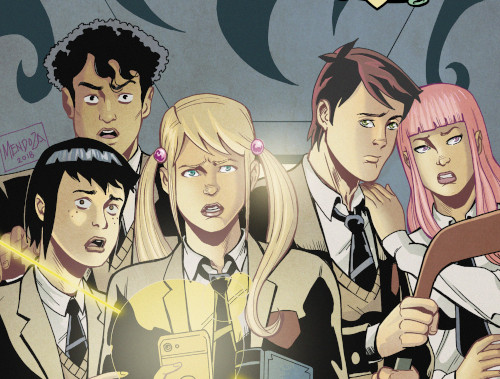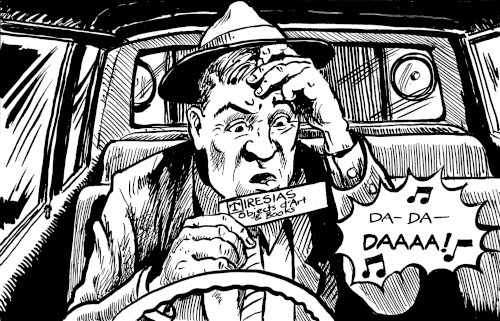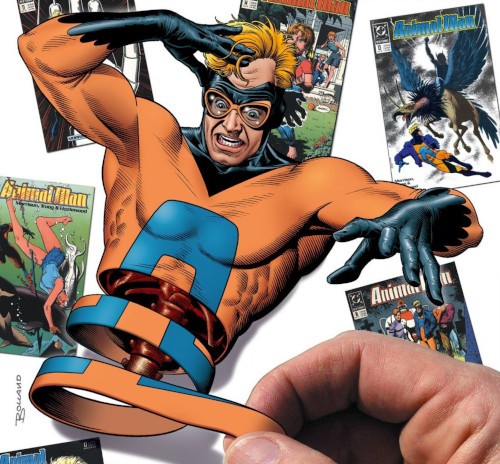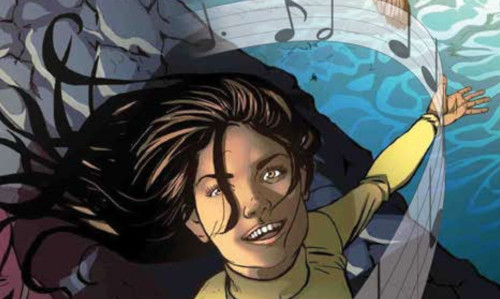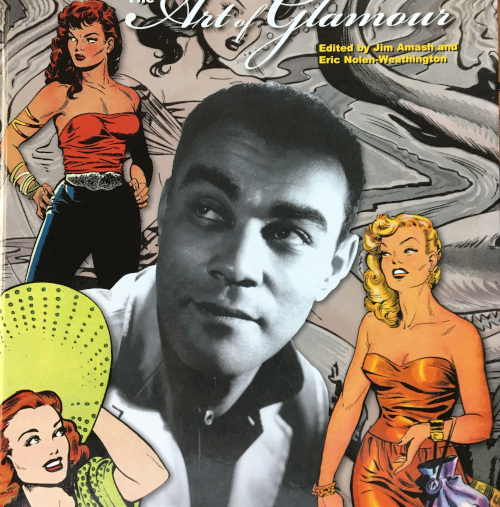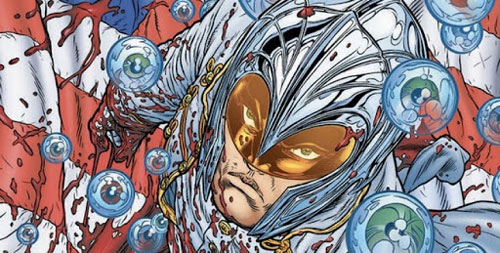
Seemingly every time a horror comic comes up on our show, it seems to have some kind of connection to H.P. Lovecraft. In this case, it’s Alan Moore and Jacen Burrows‘ Providence, part of the Lovecraftian “Cthulhu Mythos.” Kumar, Emmet, and Dana discuss whether you need to have read Moore’s other Lovecraft-inspired comics (or any Lovecraft at all) before reading Providence, how Lovecraft’s work contrasts with Dracula stories, Lovecraft’s problematic personal views, and more.
Podcast: Play in new window | Download

